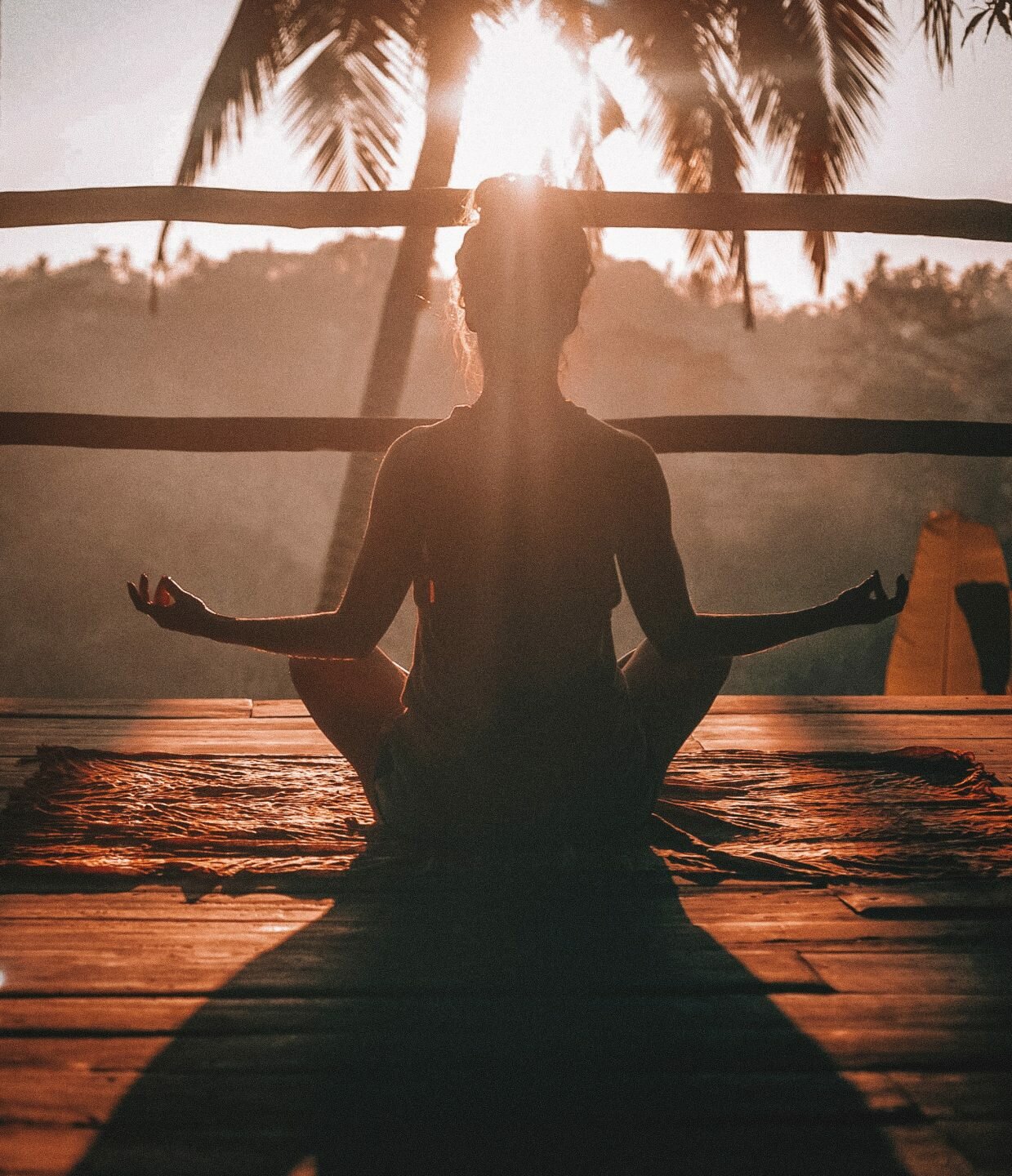Wellness getaways can serve as a fantastic way to reset and recharge, but more often than not, that glowy aura of calm is liable to shatter the moment you reopen your Outlook inbox.
It’s why platforms like Sangha Retreat want to do more than just give guests a few blessed days of pampering, yoga lessons and meditation classes — they want to teach people how to make wellness a part of their daily lives.
But it’s certainly easier said than done. Sangha Retreat’s resident life coach Grace Zhu knows as much. As a registered psychotherapist, Zhu says that while people are becoming more mindful about their mental wellbeing, putting it into practice isn’t always easy.
“People will feel relaxed during the days of a retreat, but anxiety is only a phone call away — so it’s important to empower them with something that they can apply later,” she says.
While she adds that there is no “one size fits all” approach to wellness, Zhu shares some of her best tips for getting started.
What are some elements of personal care that most people tend to overlook in their everyday lives?
First, responsibility. I see people wasting too much physical and emotional energies outside. You need to realise that you are the reason for everything in your life.
Next, boundaries. Boundaries are fundamental for many things, from your relationships to your role in the world. Setting up clear and healthy boundaries inside you will allow you to control what you could control.
Lastly, your beliefs. Your beliefs manifest everything. Checking your belief system is always the most rewarding thing you can do for yourself, although it takes a lot of effort.
What are your top tips for people who are experiencing anxiety and stress during this period?
Practice mindfulness. Mindful practices have been proven to improve mental health significantly. Plenty of researches have shown that doing mindful practices for just 20 minutes a day for 6 weeks could reduce stress, depression, and somatic symptoms of anxiety by more than a half.
Also, it’s even more important to have a regular and healthy daily routine during this unusual time period. It will balance your physical body and meet your basic mental need for certainty.
Simple things, like getting up in time, doing things you feel meaningful, eating on time, doing exercise, and going to bed before 10pm, have the most powerful effects on our physical and mental well-being.
You should also try to shift your consciousness. An event or situation does not induce emotional reactions directly — it’s what we think about this situation that generates the emotion.
There are various of ways to do this. You could choose whatever fits you, including studying ancient oriental wisdom like “Tao Te Ching”, The Heart Sutra, The Diamond Sutra, listening to preaching, doing spiritual practices, reading books, or studying spiritual quantum physics, and so on.
Some think that stress and anxiety are solely mental issues — but do these ailments affect people physically, and how so?
Absolutely. There is plenty of research now which have shown that how we think and what we feel have direct effects on how our immune system functions.
As early as 1818, the term “psychosomatics” was introduced into scientific use by the German doctor Johann Christian August Heinroth. And the “psychosomatic disease” started to be listed in Diagnostic and Statistical Manual of Mental Disorders in 1952, which refers to physical symptoms or illnesses that result from the interplay of psychosocial and physiological processes.
Studies have shown that stress or anxiety could induce various physical disorders, including hypertension, insomnia, headache, ulcer or digestion problems, coronary heart disease, high glucose level, a variety of skin problems and some types of cancer, and so on.
Ultimately, after changing thinking patterns and upgrading belief systems, people could live abundant lives.



